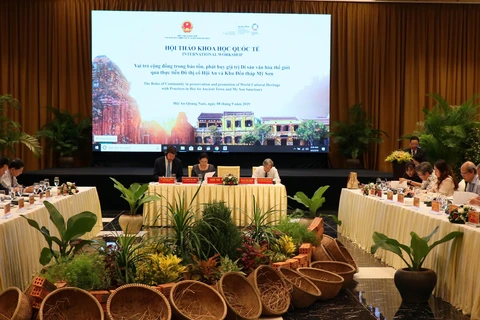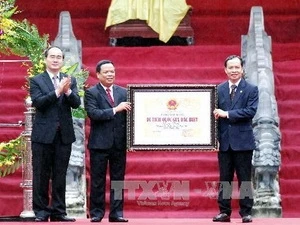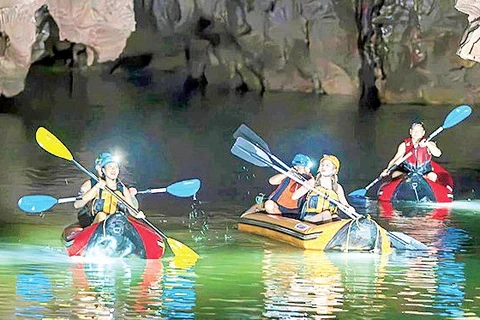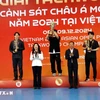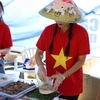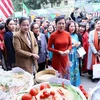Hanoi (VNA) - The revised Law on Cultural Heritage proposes tax incentives and preferential funding access for entities and individuals supporting the preservation and advancement of heritage values.

Since its submission to the National Assembly on June 18, the draft revision of the Law on Cultural Heritage has raised concerns among several deputies due to unresolved issues.
During a recent session of the National Assembly on June 26, Deputy Bui Hoai Son, a standing member of the National Assembly’s Culture and Education Committee and a deputy from the Hanoi delegation, shared insights on strategies to safeguard and promote heritage values.
Deputies expressed concerns about the definition of heritage in the draft law, particularly urban, rural, and industrial classifications, and their potential impact on heritage conservation efforts.
"Conceptual clarity is crucial," emphasized Bui Hoai Son, stressing the importance of precise definitions to effectively manage and adapt heritage conservation strategies to current contexts.
"If we can distinguish between types of heritage, such as how urban heritage differs from ordinary heritage, then we can manage these types of heritage accordingly, creating conditions that truly fit the current context," Son explained.

Deputy Bui Hoai Son highlighted amendments to the law aimed at transforming heritage into economic assets to support sustainable development. He underscored the need to mobilize both state and social resources to achieve this goal.
Under Article 85 of the proposed law, organisations and individuals involved in heritage conservation and promotion stand to benefit from incentives such as tax breaks and favorable lending conditions.
"All of these measures are aligned with international standards and promote broader societal engagement in heritage preservation," Son emphasized.

Addressing the challenge of balancing heritage conservation with socio-economic development, Deputy Bui Hoai Son emphasized a shift towards leveraging heritage's economic potential, particularly in tourism.
He stressed the importance of stakeholder collaboration to ensure sustainable management and promotion of heritage values.
"We have clearly undergone a significant shift in mindset. Previously, for quite a long time, we focused primarily on managing relics well without considering how to promote their values in socio-economic development, especially in tourism development," Son reflected.
Recently, discussions have centered on economic development through the creation of tourism products, including launching night tours at The Imperial Citadel of Thang Long, the Temple of Literature, and Hoa Lo Prison in Hanoi.
In conclusion, Deputy Bui Hoai Son emphasized the importance of ensuring an equitable distribution of benefits and risks among stakeholders to mobilize effective social resources, crucial for ensuring the long-term preservation and promotion of Vietnam's rich cultural heritage./.

